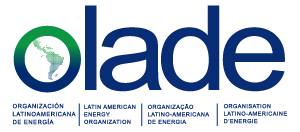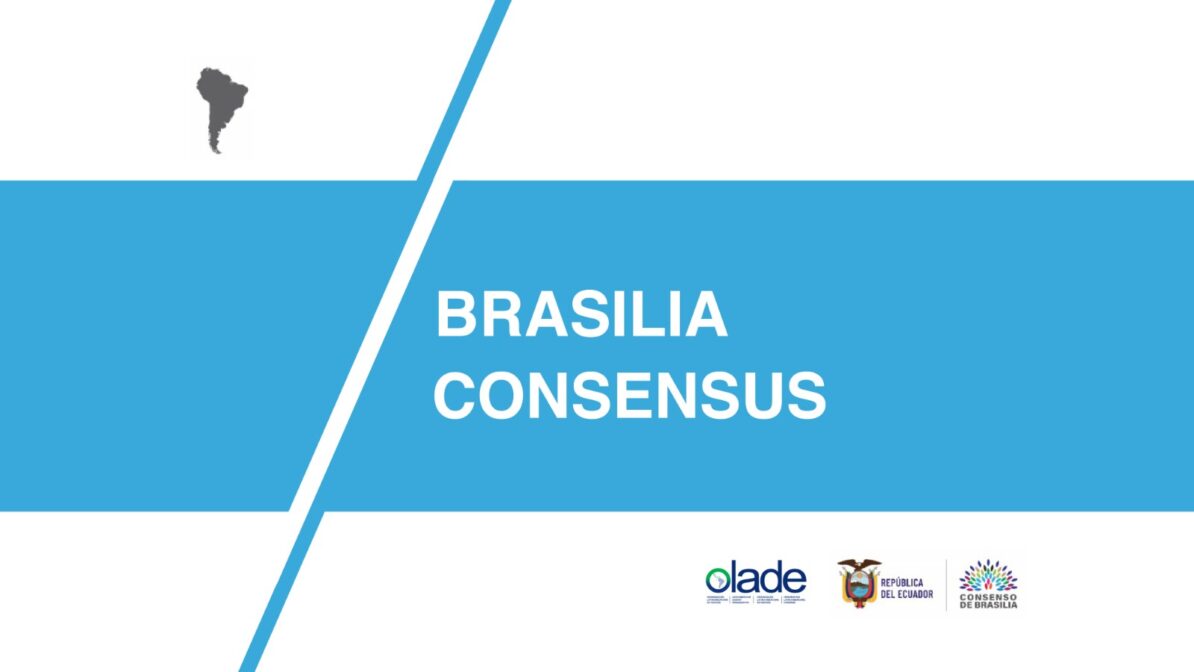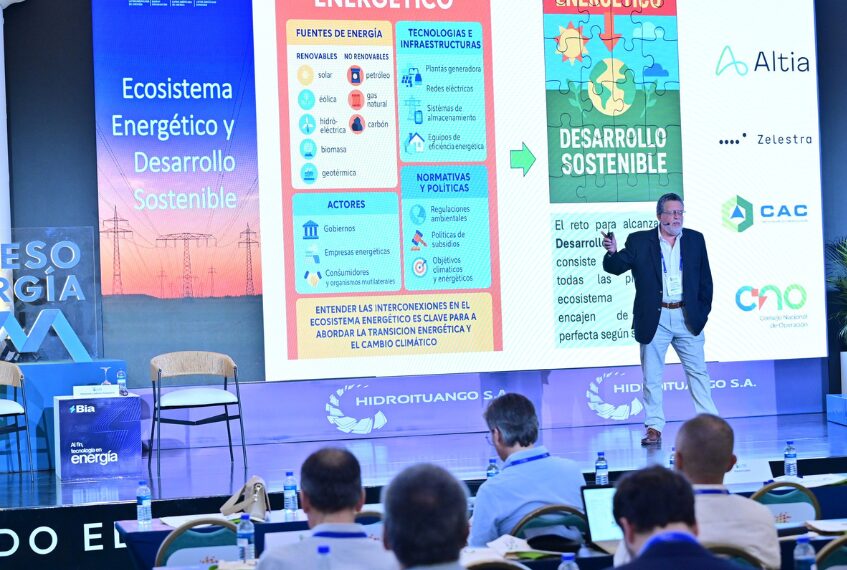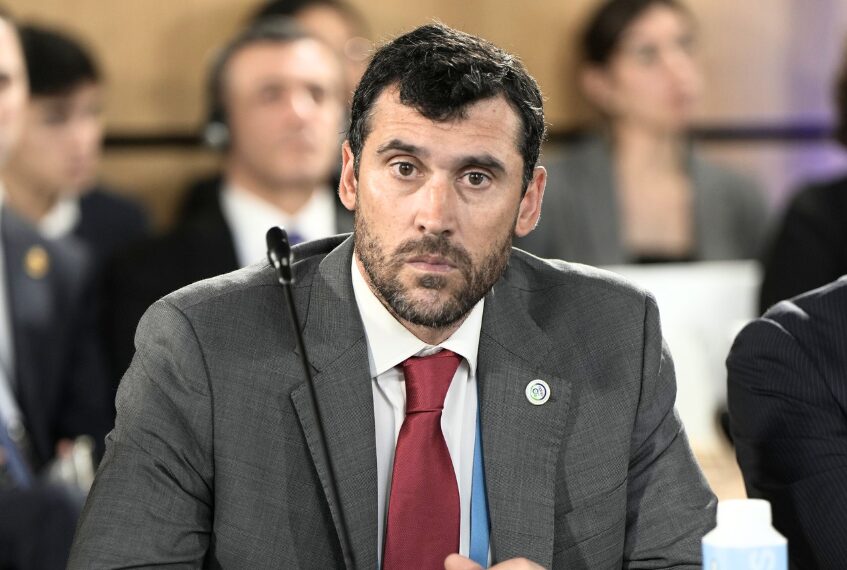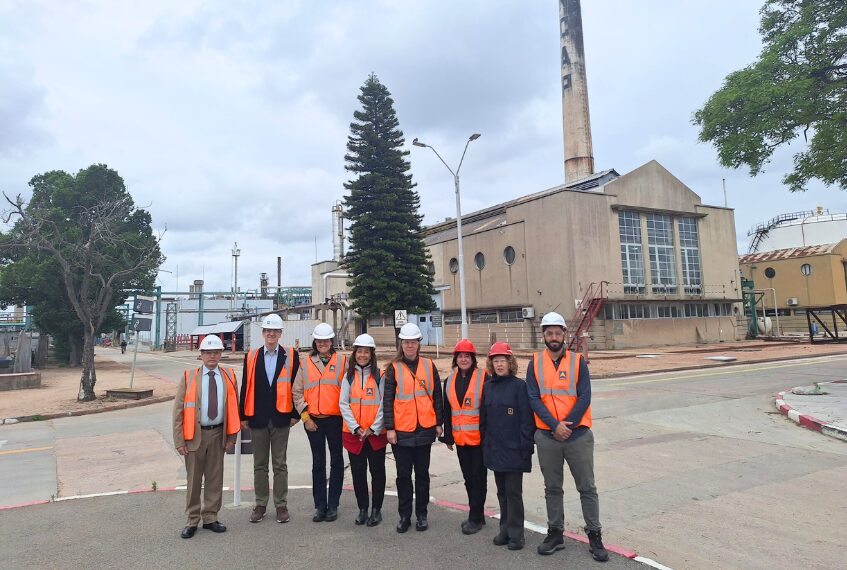Within the framework of the Pro Tempore Presidency of the Brasilia Consensus, held by the Republic of Ecuador, the main progress and the work plan for the energy axis were presented, aligned with the commitments adopted in the Quito Declaration and the action lines agreed upon in Bogotá (2024).
This strategic vision seeks to consolidate regional energy integration, particularly in the electricity sector, with the firm goal of achieving South American energy autonomy in the near future. To this end, the implementation of public policies is proposed to strengthen energy sovereignty and ensure a reliable, efficient, and high-quality electricity supply for all citizens.
The Brasilia Consensus acknowledges that energy integration must go hand in hand with joint efforts to increase energy efficiency, expand access and coverage, and encourage technological innovation in shared infrastructure.
With the technical support of the Latin American Energy Organization (OLADE), in its role as Technical Secretariat, three strategic pillars have been identified to advance this agenda:
- Regional electrical interconnection: The need to harmonize regulatory frameworks and move toward a regional electricity market resilient to climate variability was discussed.
- Energy integration: The role of natural gas as a backup energy source for a clean energy transition was highlighted, as well as the importance of having stable, shared infrastructure.
- Joint energy information: Colombia’s proposal to create a regional platform with georeferenced data was well received. This platform would support strategic decision-making based on climate, hydrological, and energy infrastructure information.
The meeting was attended by the Vice Minister of Electricity and Renewable Energy, Fabián Calero, and the Undersecretary for Latin America and the Caribbean of the Ministry of Foreign Affairs, Santiago Apunte, who shared the guidelines and priorities that Ecuador will promote during its leadership of the energy axis, which will continue through July of this year.
Calero emphasized that the main objective is to work towards regional energy autonomy that guarantees access to a reliable, efficient, and high-quality electricity service for all citizens.
Gloria Alvarenga, Director of Integration, Access, and Energy Security at OLADE, presented the results of the technical work the Organization has been carrying out with financial support from the Development Bank of Latin America and the Caribbean (CAF).
All these efforts converge toward a common goal: building an integrated, sustainable, and resilient regional energy system that allows South America to position itself strategically in the new global energy order.
